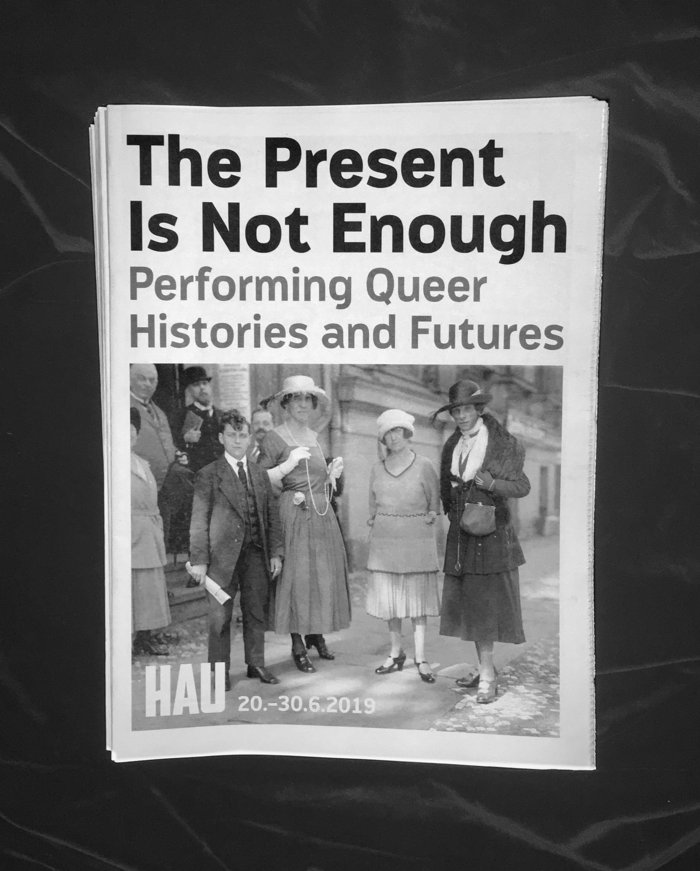Maxim Eristavi, an openly queer journalist from Ukraine, observes how LGBTIQ* communities expand safe space locally. At the same time, with regard to all of Eastern Europe he has to state: In the age of globalization, digitalization, worldwide waves of migration and transnational hate movements the suppression of LGBTIQ* lives is becoming more and more complex. He therefore calls for a new tactic in the struggle for equal rights: wider in scope, international and intersectional.
If I had a euro every time someone would compare my frontline fight for civil rights equality with the Western successes and assure that ‘it just takes time.’
Back in 2015 I did an interview with inspirational Edgars Rinkēvičs, the Latvian foreign minister, the first and only openly gay cabinet member in the post-Soviet space. He delivered the same line, though, saying ‘the progress will probably take 20-30 years’. I remember I suddenly snapped: ‘but I don’t want to wait 30 years, I want to live my life now.’
The history proved us both wrong: things got worse and better, at the same time.
Despite unprecedented LGBT+ visibility and legacy of public figures like Rinkēvičs, Latvia has never delivered more equality and been sliding in LGBT+ rankings ever since. But back in my homeland Ukraine, public queer events broke free of violence and now attract thousands and, as the only openly queer journalist coming from the region, I see safe space for my people expanding.
